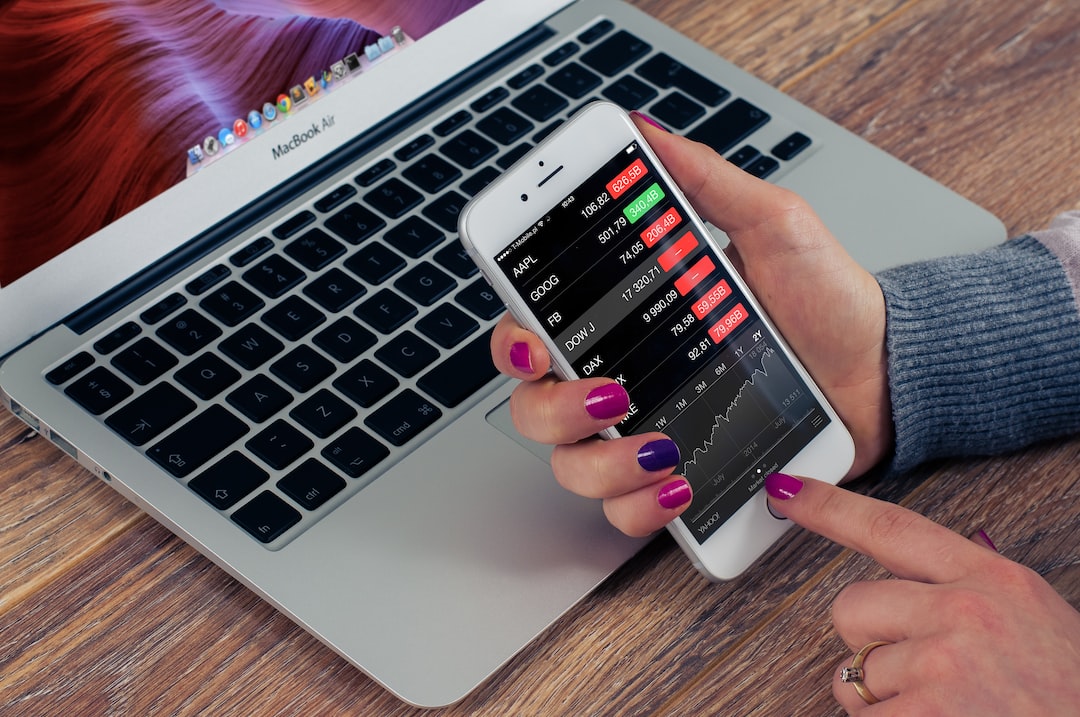Forex trading is often associated with large institutional investors such as banks that have the resources to make significant trades. Banks trade forex in order to meet their own financial needs or to facilitate trades for their clients. In this article, we will explore how banks trade forex and the factors that influence their decisions.
Banks trade forex primarily for two reasons: to manage their own foreign exchange risk or to facilitate trades for their clients. A bank may have a foreign currency exposure due to its international operations, such as having subsidiaries or customers abroad. To manage this risk, banks may use forex trading to hedge their exposure by buying or selling currency pairs. For example, if a bank has a large exposure to the euro, it may sell euros and buy U.S. dollars to reduce its risk.
When banks trade forex for their clients, they act as intermediaries between the buyer and seller. Banks may offer forex trading services to their clients as part of their overall product offering. Clients may include corporations, hedge funds, individual investors, or other banks that require forex services. Banks may also trade forex for their own profit, using their knowledge of the market to make trades that generate revenue.
Banks have access to the forex market through various channels. One way is through the interbank market, which is a network of banks that trade currencies with each other. Banks can also access the market through electronic trading platforms or through their own trading desks. The interbank market is the most liquid market for forex trading, with banks trading large amounts of currency pairs on a daily basis.
When banks trade forex, they use a variety of strategies to make profitable trades. One of the most common strategies is technical analysis, which involves analyzing charts and past price movements to predict future price trends. Banks may also use fundamental analysis, which involves evaluating economic and political factors that may affect currency prices.
The forex market is influenced by a wide range of factors, including economic data releases, central bank announcements, geopolitical events, and market sentiment. Banks closely monitor these factors and adjust their trading strategies accordingly. For example, if a central bank announces an interest rate cut, banks may sell that currency in anticipation of a potential decline in its value.
Banks also use leverage to amplify their trading positions. Leverage allows banks to control large positions in the market with a small amount of capital. However, leverage also increases the risk of losses, as a small price movement can result in a significant loss.
Banks also face regulatory requirements when trading forex. The Dodd-Frank Act in the United States requires banks to report their forex trading activities and to implement risk management procedures. Banks must also comply with anti-money laundering regulations and other laws that govern forex trading.
In conclusion, banks play a significant role in the forex market, trading currencies to manage their own risk or to facilitate trades for their clients. Banks use a variety of strategies to make profitable trades, including technical and fundamental analysis. They closely monitor economic, political, and market factors that may affect currency prices and adjust their trading strategies accordingly. Banks also use leverage to amplify their trading positions, but must comply with regulatory requirements when trading forex.





